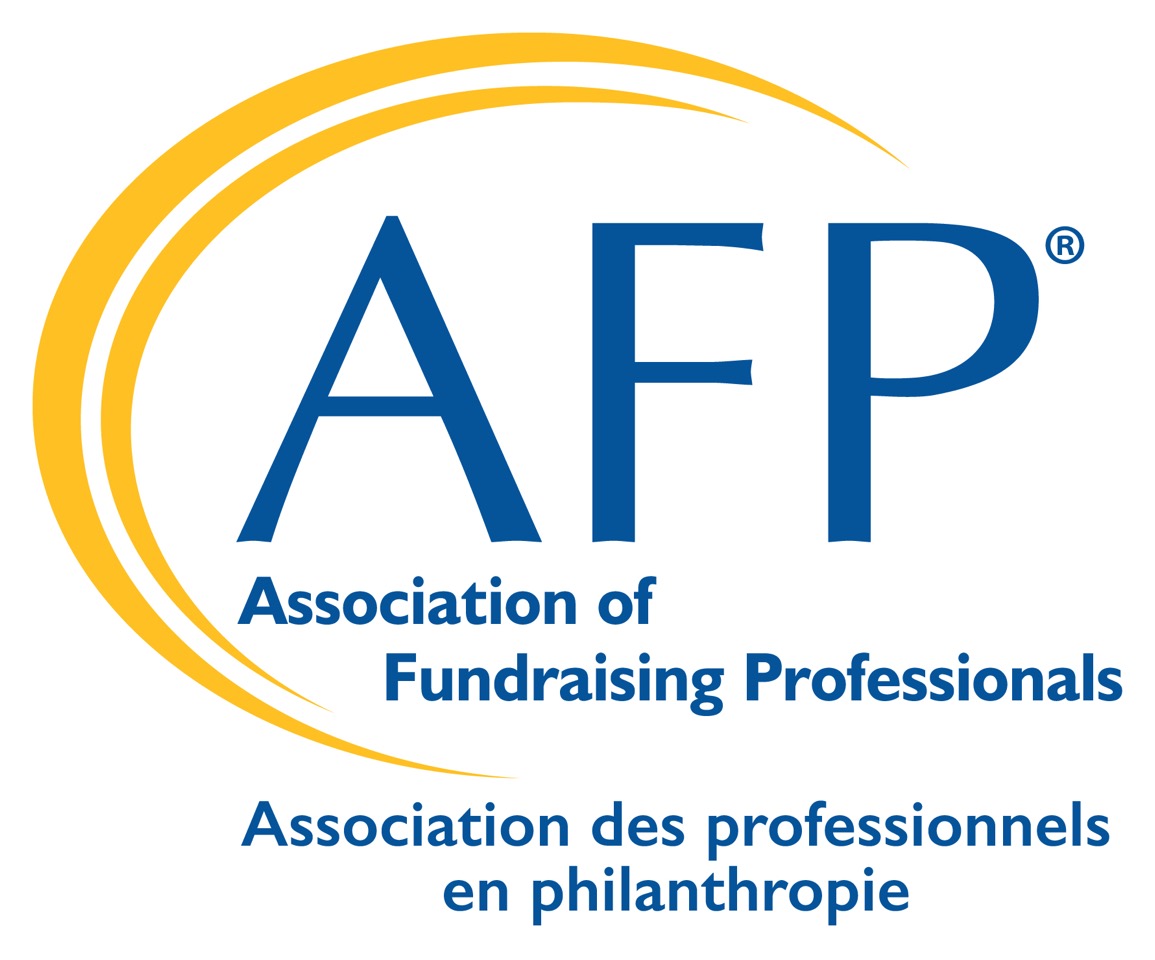Chair of AFP Canada Rea Ganesh: ‘Members Should Expect Two-Way Communication From Me, in an Atmosphere Where We Are Learning From Each Other’

The newly seated chair of AFP Canada, Rea Ganesh, MBA, began her two-year term on January 1, 2025. Currently with the Scarborough Health Network Foundation, she has a 22-year career in the health care sector that includes stints with North York General Foundation, Children’s Wish Foundation, Crohn’s and Colitis Canada, Mount Sinai Hospital Foundation, Juvenile Diabetes Foundation and the Heart and Stroke Foundation.
Prior to becoming chair of AFP Canada, she was the secretary, chair of the governance committee, a member of the AFP in Canada Leadership Retreat planning team, on the finance and audit, communications and the government relations committees, a member of the joint strategic planning committee and the lead on AFP Canada’s work on Truth and Reconciliation. Ganesh is an advocate for women of colour in leadership roles and was part of AFP’s Women’s Mentoring and Leadership Program. She has an Executive MBA from the Kellogg School of Management and Schulich School of Business at Northwestern/York University. We spoke to her in December, as she was preparing to assume her post.
Being elected to the head of a national organization is a major achievement in anyone’s books. What kind accomplishment did that feel like for you personally? Was there anything that you thought you had to overcome to be able to put yourself in the running for a job like this?
To be honest, my most overwhelming feeling is that of being humbled to have been asked to chair AFP Canada in the first place. I’ve work in fundraising for more than 20 years and it feels wonderful to be recognized for my experience, skills and accomplishments. But I’m working through a bit of the whole idea of imposter syndrome, right now, too. Do I deserve this? Should they have asked someone else? Can I do the job? I know many women—especially women of colour face this and it can sometimes hinder us from reaching our full potential—so I must shake myself and say, “yes. Yes, you can do this.”
Fulfilling this role is something I can do, want to do and am qualified to do. I feel as though I have overcome so much in my life. Along with feelings of humility, I do feel very excited about the coming two years. We are on the verge of many great things as a board—influencing change in the government, our inclusion, diversity, equity, access and anti-racism audit and much more. Plus, the board is a fantastic, diverse group of people, and wonderful to work with.
What are your goals as you set out at the beginning of your term?
One of my priorities is building a strong rapport with the chapters, letting them know that we are here for them, and strengthening the partnership with the AFP Foundation for Philanthropy -Canada so that our work is more aligned. I want to ensure that individual board members feel a sense of belonging and that they are getting satisfaction from their volunteer work.
Did wealth inequity and racial injustice, as well as the process of Truth and Reconciliation change the way fundraisers look at their jobs? Did it change the way you look at your job as chair?
That’s a question with a multi-level answer. The answer is it should, but the reality depends on who you ask. There are so many aspects to consider. How people’s shared and lived experiences have impacted the way they look at their job. The pressure to meet revenue targets where people feel their job is always on the line puts things through that kind of lens. There are so many facets to this question. External influences also impact how we are positioned in terms of our work that we, as fundraisers, we have no control over. As a woman of colour in this industry, I always bring that lens, which can sometimes be different from a traditional point of view in the sector. But, for me, it all leads me back to the question: why?
Based on my lived experiences, it's normal for me to look at things and wonder why a decision was made in a particular way and whether the approach could have been different. Sometimes, I question myself: am I asking too many questions? Am I dissecting something too much? But, it’s part of my DNA, and I accept this. Based on my past experiences, there are reasons why I look at things the way that I do. I realized a long time ago, I can only control myself and how I represent myself. I can’t change how I look (nor do I want to), and I can’t control how people look at me. That’s on them. I can only continue to work with integrity for myself. At the end of the day, I must look at myself in the mirror and be okay with what I see. For example, I will treat a $100 donor the same as a $1 million donor. Why? Because they both gave what they could.
What would you say are the leadership values you’re bringing into your new role? What can members expect?
Integrity—other peoples’ and my own work—is something I value highly. I want to ensure that I’m honest and transparent. If I have made a promise to you, then I want to ensure that I fulfill that promise. Building trust amongst AFP members and the board is essential to me. Members should expect that I will be honest and transparent. I will have no hidden agendas.
Collaboration is also a benchmark value for me, working together with shared goals. My view is that collaboration fosters creativity, innovation, and a sense of shared responsibility. Members should expect a teamwork mentality from me where we seek to utilize each other’s strengths. I also believe that learning and growing are continuous and we must remain open to it. I have experience in a particular line of work, but I don’t consider myself an ‘expert’. I see myself as a work in progress, and one way to make more progress is by learning and respecting the knowledge and experiences of others. Members should expect two-way communication from me, in an atmosphere where we are learning from each other.
One word or one sentence answers to the following questions:
What do you think is the biggest issue facing fundraisers today?
Competition - The demand is high, but there aren’t enough people to meet the need.
One lesson learned in life that you can apply to this role.
To pause. There’s no need rush. Better to pause and be thoughtful. Just because I’m the chair doesn’t mean I have the immediate answers.
What is one challenge you anticipate in your new role as chair of AFP Canada?
Making sure all AFP chapters in Canada understand the value of belonging to an association that has benefits at the chapter, national and global level.
What are you most looking forward to?
I want to get to know the other board members and create a fun and engaging environment so that I can do good work.
Books on your night table?
I have three on the go right now. "The Mindful Day" by Laurie J. Cameron, "How to Win Friends and Influence People" by Dale Carnegie, and "Collecting Courage", edited by Nneka Allen, Camila Pereira and Nicole Salmon.
Anything you’d like to say to the members of AFP as you begin your role as chair of AFP Canada?
Please be patient. This is a learning experience, and I will make mistakes. I’m very excited to serve our AFP members and will try to do the best job possible. Also, the great people who serve on the AFP Canada board are volunteers. We all have day jobs and families. We volunteer because of our passion and dedication to the sector. So please be kind and respectful as we continue to build up our sector.





